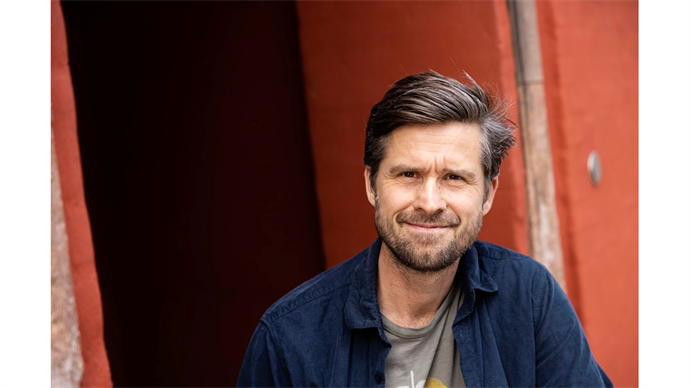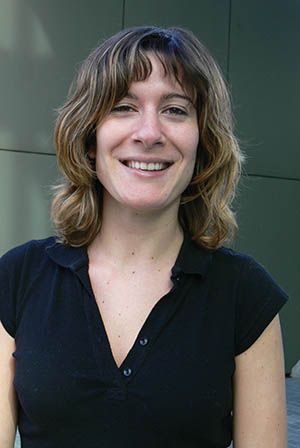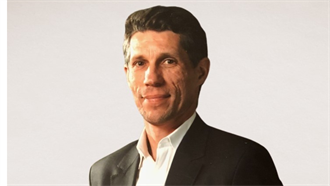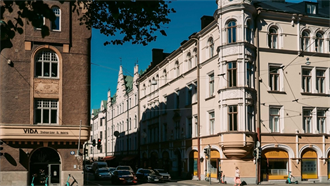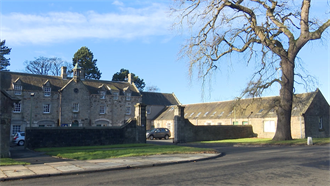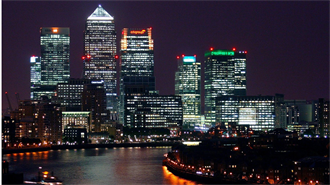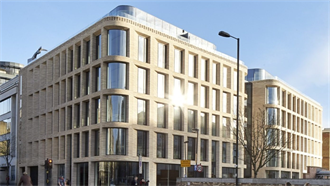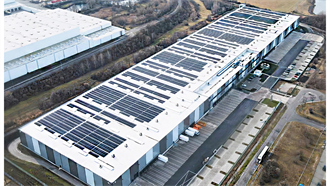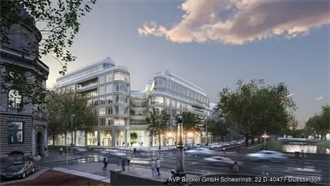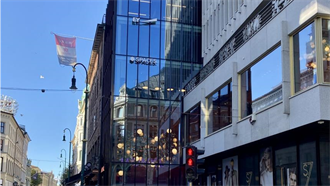In his first interview since being promoted to real estate CEO at NREP - a new position within the Nordic property group - Rune Kock tells PropertyEU why sustainability is 'by far the most important challenge' he will have to face over the next few years.
INTERVIEW: NREP steps up green agenda
- In Magazine highlights
- 11:06, 22 november 2022
Premium subscriber content – please log in to read more or take a free trial.
Events
Latest news
Best read stories
-
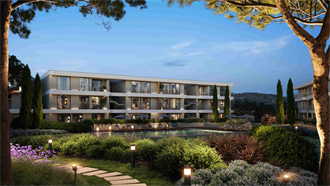
Bondstone allocates €70m for resi project in Portugal
- 19-apr-2024
Portuguese real estate investor and developer Bondstone is investing around €70 mln in a residential development in Belas Clube de Campo, municipality of Sintra, Portugal.


